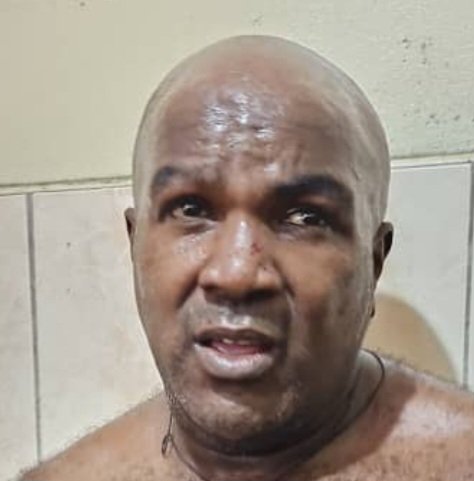Robert Kyagulanyi Ssentamu, the leader of the National Unity Platform (NUP) and a prominent opposition figure in Uganda, has ignited a fierce debate on tribalism with an open letter addressed to influential Banyankore and Kigezi elders. The letter directly challenges these leaders to publicly condemn what Kyagulanyi describes as the “dangerous tribalism” allegedly promoted by Gen. Muhoozi Kainerugaba, son of President Yoweri Museveni.
The letter, addressed to respected figures like Amanya Mushega, Justice Bart Katureebe, and Prof. Mondo Kagonyera, paints a troubling picture of escalating ethnic tensions in Uganda. Kyagulanyi argues that Muhoozi is “weaponizing ethnicity,” dehumanizing citizens, and inciting hatred through provocative social media posts and heavy-handed state actions. His central question to the elders: “Are you comfortable with what is going on? If not, what role can you play before the situation gets out of hand?”
Kyagulanyi’s accusations are not abstract. He cites the recent abduction and torture of his bodyguard, Edward Ssebuufu (Eddie Mutwe), who hails from the Buganda region, as a prime example. He alleges that Muhoozi publicly humiliated Eddie by posting images of his detention online, bragging about his forced shaving, and mocking his identity by “teaching him Runyankore.” This, according to Kyagulanyi, is a deliberate act to pit ethnic groups against one another, particularly targeting Baganda and promoting Banyankore dominance.
The leader of NUP directly accuses Muhoozi of fostering state-sanctioned tribalism, arguing that his rhetoric and actions are intentionally divisive and criminal. He warns that such actions are precursors to chaos, reminding readers of historical atrocities that began with hateful speech and ethnic scapegoating.
Kyagulanyi implores the Banyankore elders to distance themselves from what he calls the “reckless impunity” of Muhoozi and President Museveni. He underscores the moral imperative to speak out, even if the current regime chooses to ignore their voices. “Your silence, at a time like this, is loud,” he poignantly states.
The letter also serves as a platform to reiterate the NUP’s commitment to building a united and peaceful Uganda where ethnicity is not a basis for judgment or targeting. Kyagulanyi extends an invitation for open dialogue and national healing, suggesting a path forward from the current divisions.
Context and Implications:
Kyagulanyi’s bold move comes at a critical juncture in Ugandan politics. The nation grapples with simmering political frustration and deepening ethnic and regional fault lines. The accusations against Muhoozi, who is often seen as a potential successor to his father, are particularly significant.
This open letter could signal a shift in the opposition’s strategy ahead of the 2026 elections. By directly appealing to influential figures within the ruling establishment’s perceived power base, Kyagulanyi may be attempting to:
- Isolate Muhoozi: By publicly shaming his actions and highlighting their potentially divisive consequences, Kyagulanyi aims to undermine Muhoozi’s credibility and political ambitions.
- Break the Silence: The letter encourages dissent within the Banyankore community, potentially fracturing the seemingly monolithic support base of the ruling party.
- Unite the Opposition: By focusing on the issue of tribalism, Kyagulanyi hopes to galvanize support from various ethnic groups who feel marginalized or threatened by the alleged favoritism towards Banyankore.
- Internationalize the Issue: The letter is a public statement that could draw international attention to the allegations of state-sponsored tribalism in Uganda.
The response from the Banyankore elders, and indeed the wider Ugandan public, will be crucial in shaping the political landscape in the lead-up to the 2026 elections. Whether Kyagulanyi’s strategy will succeed in fostering unity and challenging the ruling establishment remains to be seen. However, the letter has undoubtedly sparked a vital conversation about tribalism, power, and the future of Uganda. The silence, or the response, of those addressed will speak volumes about the direction the nation is headed.



